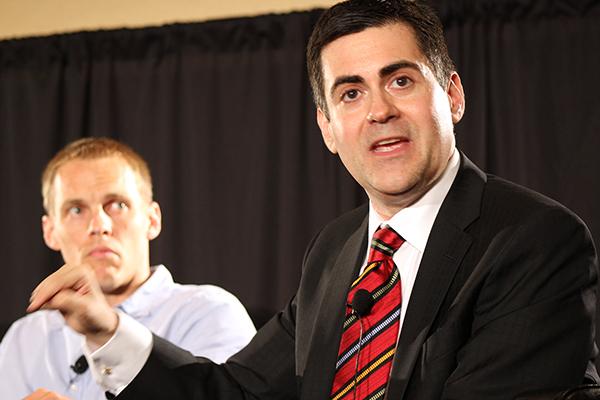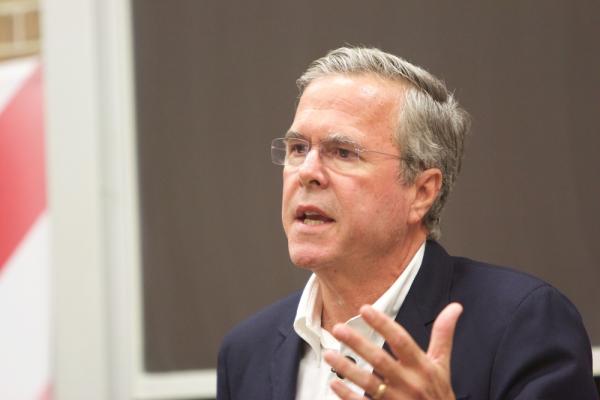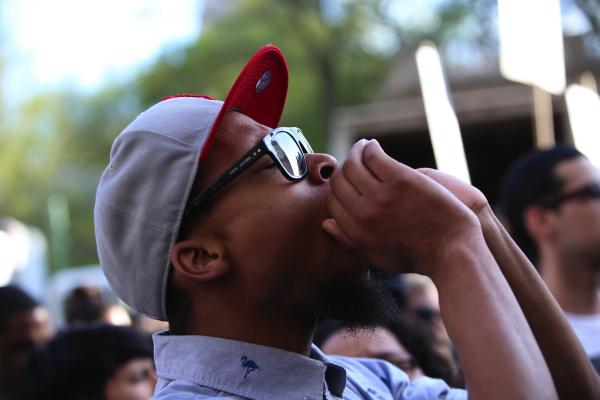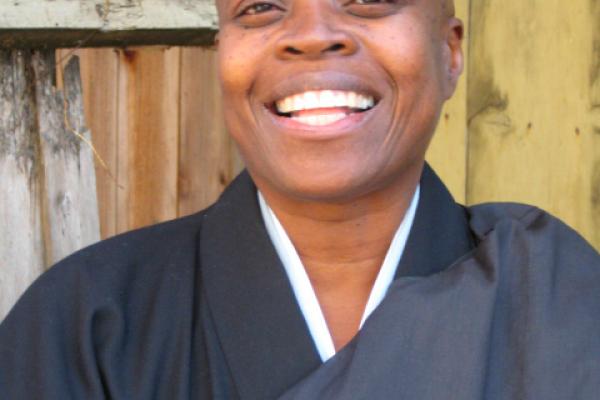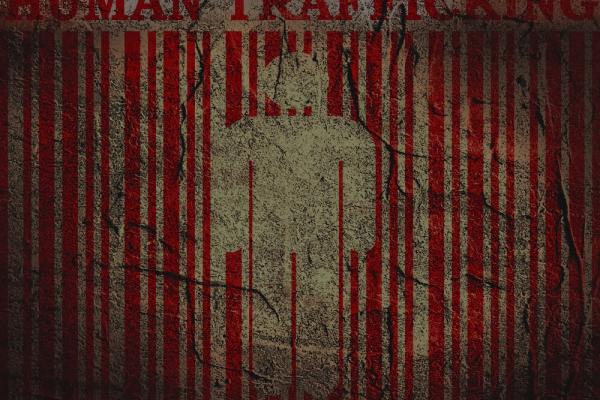Russell Moore, president of the Ethics and Religious Liberty Commission of the Southern Baptist Convention, is in the spotlight after interviewing former Florida Gov. Jeb Bush and Florida Sen. Marco Rubio at an evangelical conference in Nashville on Aug. 4. Moore spoke with Religion News Service’s Jonathan Merritt about a range of pressing issues and the message of Moore’s new book, Onward: Engaging the Culture Without Losing the Gospel.
Fighting to allow people to live by their religious convictions, even if those convictions are unpopular or criticized, is a battle Jeb Bush believes the next president must lead.
The former Florida governor and GOP presidential candidate pledged to defend religious liberty in front of an estimated 13,000 evangelical pastors attending a massive Southern Baptist Convention event Aug. 4 at Bridgestone Arena in Nashville.
A "crisis management" report shows that a Baltimore cybersecurity startup, ZeroFox, singled out members of the Black Lives Matter movement as "threat actors" during the protests and rioting around Freddie Gray's death in April, Mother Jones reports. The report highlights two Black Lives Matter organizers, DeRay McKesson and Johnetta Elzie, terming their threat level "high" and "physical," urging "continuous monitoring." It also identifies Baltimore officials and law enforcement agencies for "asset protection."
This follows on reports in late July that the Department of Homeland Security has been comprehensively monitoring Black Lives Matter activities in Ferguson, Mo., Baltimore, Md., Washington, D.C., and New York, N.Y since August 2014.
"Taxation Without Representation." It's the slogan on license plates in Washington, D.C., and a daily fact of life for residents in the nation's capital. With typical wit, comedian John Oliver this week spent a segment of his HBO show Last Week: Tonight on the only democracy in the world with a non-representative capital city, saying, "The Dalai Lama ... called it 'quite strange.' And it is not good when a guy from Tibet says, 'Wow, this system is really undemocratic.'"
WATCH the segment here.
When Zenju Earthlyn Manuel goes to teach somewhere for the first time, she often sees surprise in the faces of the students as she is introduced.
She doesn’t look like many of them expect. She isn’t Asian. She isn’t a man. And she isn’t white.
And getting them to acknowledge that her body — her “manifestation,” as she calls it — is different and a part of her experience is crucial to her teaching. If our bodies are sources of suffering, then we ignore them at our peril.
“When I have held and embraced who I am, how I am embodied, it has become a source of enlightenment, of freedom,” she said from a sunny corner window seat in her living room. Draped in a black monk’s jacket, she is a stark contrast to the white walls and white upholstery of the rest of the room.
Yesterday, Reuters reported that top bureaucrats in the U.S. State Department overruled experts and analysts by successfully urging that 14 countries be upgraded in the 2015 Trafficking in Persons Report (TIP) due to their strategic importance to the U.S. This report, released last week, evaluates how well 188 countries are fighting human trafficking by ranking countries in three tiers. These rankings are taken seriously in the U.S. government and around the world, with related impact on trade, public perception, and diplomatic relations.
Upgraded countries include those that the United States wants to be friendly with for diplomatic reasons (such as Cuba or China) but also countries such as Malaysia, which could not be included in the Trans-Pacific Partnership, a major trade treaty, if it was ranked poorly in the TIP report.
A coalition of Christian leaders issued a statement Aug. 4 calling on presidential candidates to address climate change and economic inequality, in preparation for the first presidential debate in Cleveland on Aug. 6.
More than 70 evangelical, Protestant, and Catholic leaders signed the statement, organized by the group Faith in Public Life, which advocates for the representation of faith communities in politics. Signers include Dan Misleh, executive director of the Catholic Climate Covenant; Jim Winkler, president of the National Council of Churches; and the Rev. Richard Cizik, president of the New Evangelical Partnership for the Common Good.
Like many things — theological beliefs, worships styles, forms of baptism, and preferred interpretations of the Bible — Christians are divided when it comes to which social justice issues, culture wars, and current events are worth supporting and condemning or even talking about.
Followers of Christ can be against gay marriage or for it, Democrat or Republican, a pacifist or a soldier, a vegan or a meat-eater, an animal rights advocate or a hunter — Christians constantly contradict one another, and that’s OK.
There is a plethora of Christian bloggers who are “honest with our doubt.” We are hurt, angry, and cynical, and we are not afraid to talk about it. Predictably, there are some who are made uncomfortable by this negativity. And they respond with something like, >“You don't have to waste your time deconstructing things when you're committed to just building something better.”
I have so many problems with this it’s hard to know where to begin. Deconstructing is not a “waste of time.” Nobody enjoys questioning the ideology that has held their worldview intact. You don’t talk someone off of the ledge of suicide by telling them they’re wasting their time bemoaning what’s wrong with their life. You don’t say people are wasting their time figuring out what is causing them to feel such deep pain. But more importantly, it betrays a certain naivete toward the work of building something better. It assumes that constructing something rises from a vacuum rather than on the fruit of past labors. To believe you are constructing and not deconstructing is to be ignorant of what it is you are choosing.
An independent report commissioned by the American Psychological Association (APA) has found that the association secretly colluded with the Department of Defense and the CIA to weaken the APA’s ethical guidelines and allow psychologists to take part in government torture programs under the Bush administration post-9/11.
